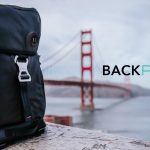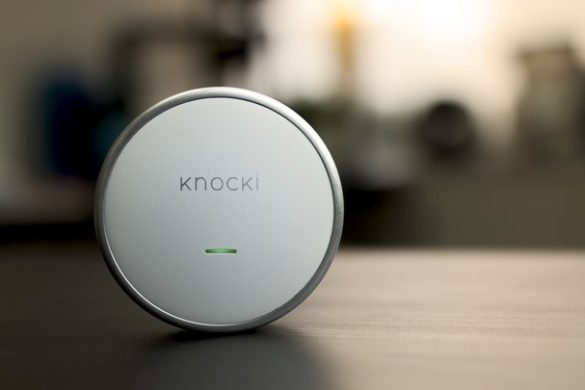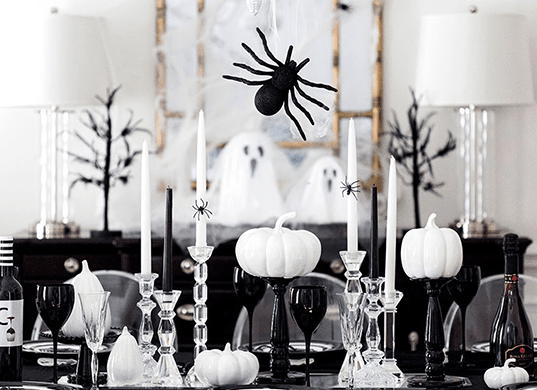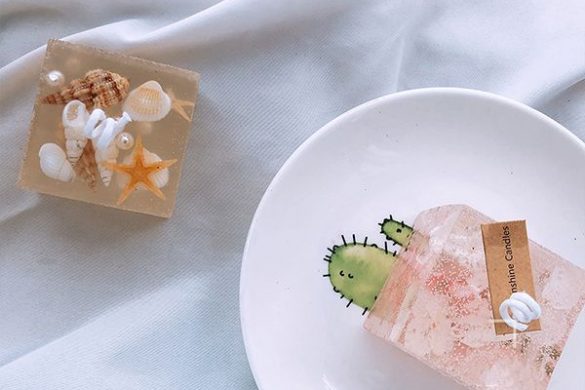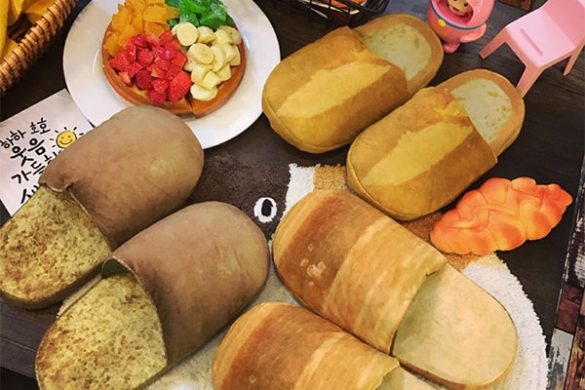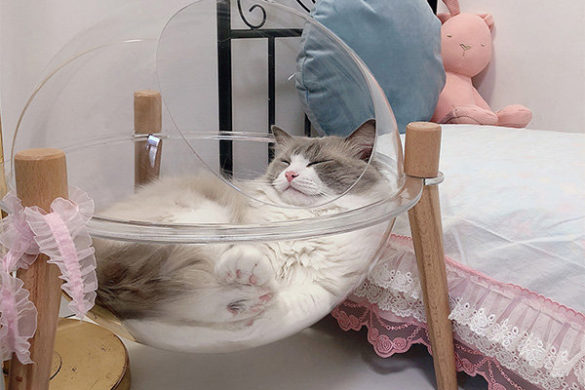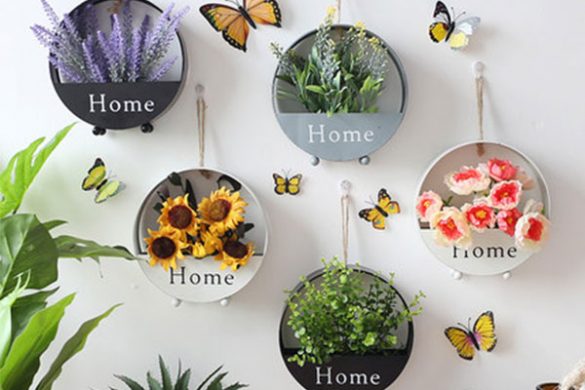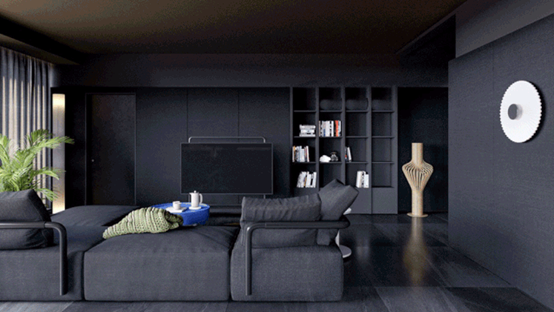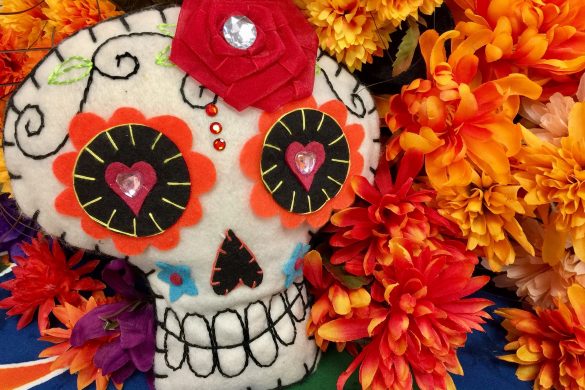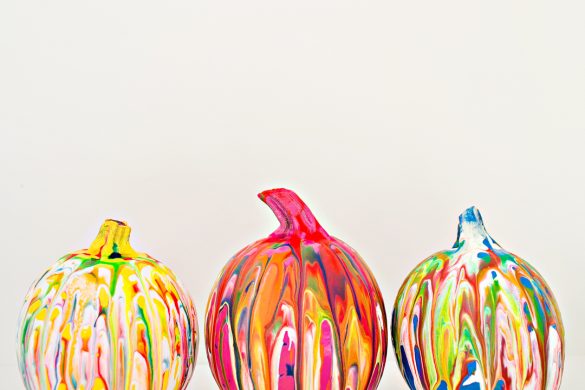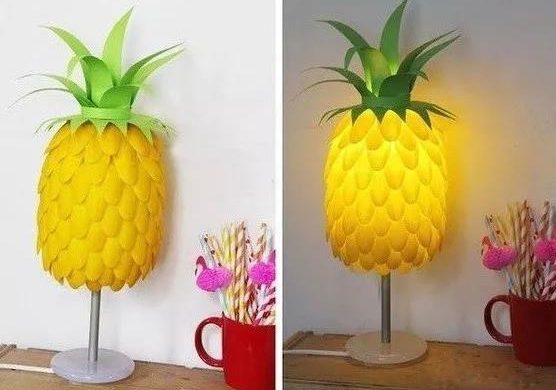Using plastic spoons, forks, and knives for take-outs and quick meals is natural for most of us. Did you know these utensils we threw away create ~40 billion pieces of plastic waste every year in the United States? Made from petroleum by-products, plastic cutleries can also potentially release toxic chemicals into the food we eat. The environmental and health concerns lead Bakeys, an India based startup, to develop the world first edible cutlery line. The edible spoons are made from sorghum, rice, and wheat—tasty and nutritious to eat after your meals and almost as affordable as plastic spoons.
The story
Bakeys was founded in 2010 in Hyderabad, India, by Narayana Peesapaty, an agricultural researcher who has a thorough understanding of the food production system and environmental impacts from plastic utensils. He was inspired by spotting others picking up food with Khakhra, a traditional breakfast cracker made from beans and wheat.

What are edible spoons?
The edible spoons are made from a mix of sorghum flour, rice flour, and wheat flour. Using sorghum as the primary ingredient makes the spoons strong enough to support regular meals and not degrading within liquids. Sorghum also has superior environmental benefits—it can grow in 95% of the world’s arable lands and requires far fewer nutrients, energy, and water compared to sugarcane, corn, and rice.

The edible spoons have no preservatives or trans-fat and less than 10 ppm gluten. It tastes like a regular cracker, providing essential nutrition like protein, carbohydrate, fiber, and calcium. The spoons come in multiple flavors including sugar and seven savory options.
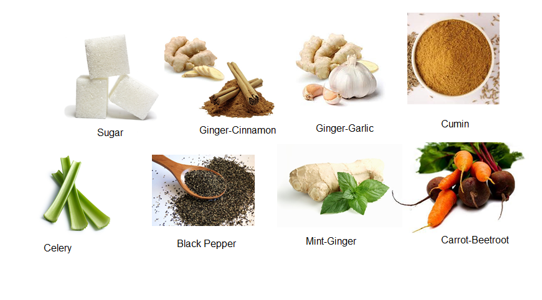
When can you use it?
The edible spoons go perfectly with ice cream, yogurt, stews, and a variety of soups. You can eat up your spoon as a post-meal snack. If you don’t feel eating it, just throw it with other disposable waste or simply in the mud under plants. It will decompose in 3-5 days. The spoons have a long shelf life up to 2 years due to low moisture content.

Price and timeline
This product launched on Kickstarter in March 2016 and raised $278,847 from 9,293 backers — about 14 times of its initial goal. The price is comparable to plastic spoons too. For $10, you can get a pack of 100 spoons in a flavor of your choice, and this even includes shipping. The estimated delivery for backers was this past April, but like most crowdfunding campaigns, the product is still under production with an uncertain delivery date. If you place a post-campaign order now on Kickstarter, you will probably receive it in December this year according to the website.
To learn more or to pre-order, click the button below:
Apollo Box is a platform thoughtfully curated to help customers discover, collect, and share some of the world’s coolest and most creative products. Check out our website or join our Facebook discussion for trendy products you can enjoy right now. Sign up with us to get informed about innovative technology and products.


